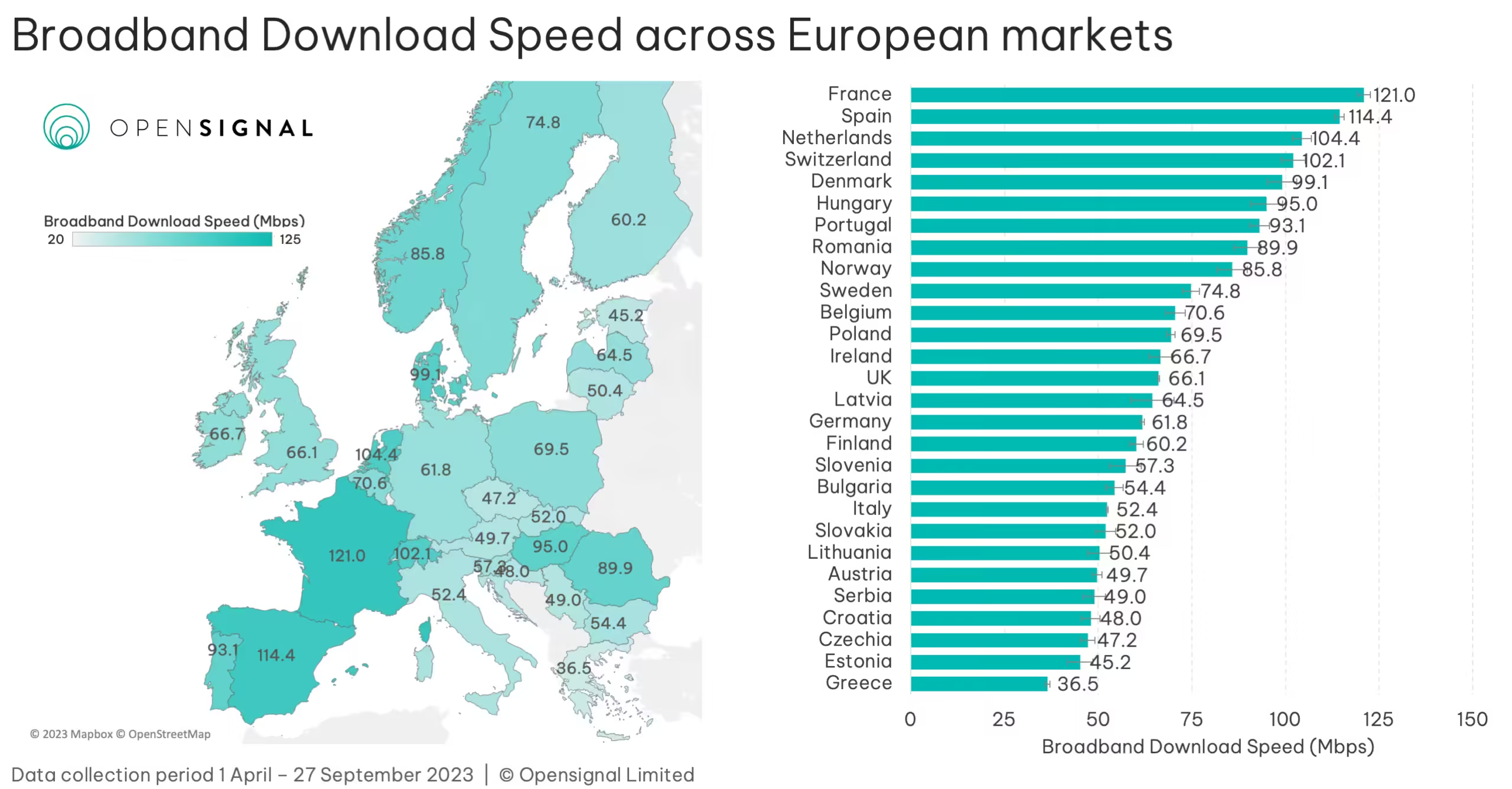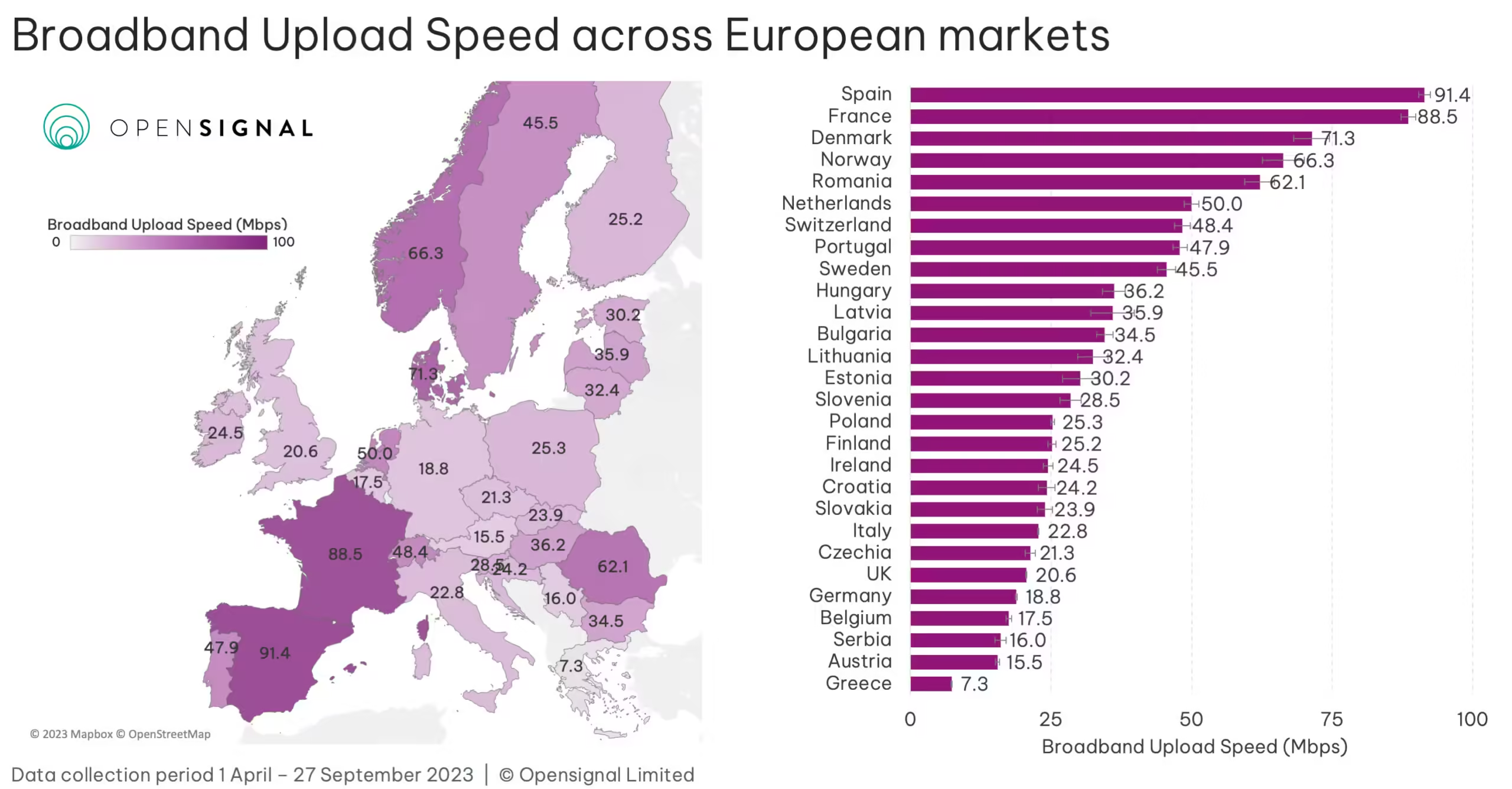
Digital Nomads & Internet Quality: A Critical Relationship for Remote Work Success
The digital nomad lifestyle, once a niche concept, has become increasingly popular, especially with the rise of remote work opportunities. For these modern-day wanderers, a reliable and high-speed internet connection is not just a luxury but an absolute necessity. The quality of internet access directly impacts their productivity, connectivity, and overall work-life balance. digital nomads internet quality
In this article, we will delve into the crucial relationship between digital nomads and internet quality, exploring its significance, the multifaceted challenges faced, and the innovative solutions that are reshaping the landscape of remote work.
The Significance of Internet Quality for Digital Nomads
Digital nomads rely on the Internet for virtually every aspect of their work and personal lives. It serves as their lifeline, facilitating communication with clients and colleagues through emails, video conferences, and instant messaging platforms. They rely on it to attend virtual meetings, collaborate on shared documents and projects, conduct in-depth research, and access cloud-based tools for project management, design, and development. Furthermore, the Internet enables them to manage their finances, from online banking to invoicing and payment processing.
Beyond work-related tasks, digital nomads use the internet to stay connected with friends and family across the globe, stream entertainment content, access online learning platforms to upskill or pursue personal interests and plan their next travel adventures. A stable and fast internet connection is essential for them to meet deadlines, maintain productivity, and deliver high-quality work while also enjoying a fulfilling personal life.
Challenges Faced by Digital Nomads in Finding Reliable Internet
While the world is becoming increasingly connected, digital nomads still face significant challenges in finding reliable internet access, particularly in certain regions and while traveling. Some of the common challenges include:
- Limited Availability in Remote Areas: In remote or underdeveloped regions, internet infrastructure may be sparse or nonexistent, making it difficult for digital nomads to find a reliable connection. This can lead to missed deadlines, delayed communication, and overall frustration.
- Slow and Unreliable Speeds: Even in areas with internet access, speeds may be sluggish and inconsistent, hindering productivity and causing disruptions in video calls or large file uploads.
- High Costs: In certain locations, internet access can be prohibitively expensive, especially for data-intensive users like digital nomads who rely on it for work and leisure. This can strain their budgets and limit their options.
- Security Concerns on Public Wi-Fi: Public Wi-Fi networks, often used by digital nomads in cafes, airports, or hotels, can be vulnerable to cyberattacks. This puts their personal and sensitive information, such as passwords and financial data, at risk. digital nomads internet quality
European markets & broadband user experience
Among the compared 28 European markets, France and Spain stand out with the best-observed broadband network speeds. OpenSignal’s French and Spanish users record average Broadband Download Speeds of 121Mbps and 114.4Mbps, respectively, and average Broadband Upload Speeds of 88.5Mbps and 91.4Mbps, respectively. The three Scandinavian countries take the lead for the most consistent broadband experience, with our users in Norway, Sweden and Denmark recording the best Broadband Consistent Quality results among the compared European markets, with over 82% of tests exceeding the quality thresholds.

Greece stands out as having the slowest Broadband Download Speed and Broadband Upload Speed measured among our users in Europe, with speeds of 36.5Mbps and 7.3Mbps, respectively.
Strategies for Digital Nomads to Ensure Reliable Internet Access
Despite these challenges, digital nomads can employ various strategies to ensure they have access to reliable internet, wherever their travels may take them:
- Thorough Research: Before embarking on a journey to a new location, it’s crucial to research the availability and quality of internet access. Look for information on local providers, average speeds, data plans, and costs. Online forums and communities of fellow digital nomads can offer valuable insights and recommendations.
- Portable Wi-Fi Hotspots: Investing in a portable Wi-Fi hotspot can be a game-changer. These devices can provide a secure and reliable connection even in areas with limited infrastructure. They can be particularly useful when traveling to multiple locations or staying in accommodations with unreliable Wi-Fi.
- Co-working Spaces: Co-working spaces have become hubs for digital nomads, offering not only high-speed internet but also a productive work environment, networking opportunities, and a sense of community. Consider joining a co-working space in your destination to ensure a reliable connection and a conducive workspace.
- Local SIM Cards with Data Plans: Purchasing a local SIM card with a generous data plan can be a cost-effective way to ensure access to mobile internet while on the go. This is especially useful for staying connected while exploring a new city or when traveling between locations.
- Virtual Private Networks (VPNs): A VPN is essential for securing your internet connection, especially when using public Wi-Fi. It encrypts your data, protecting it from prying eyes and potential cyber threats. Additionally, a VPN can bypass geo-restrictions, allowing you to access content and services that may be blocked in certain regions.
Platform Nomad List aggregates data from digital nomads themselves, ranking cities and countries based on factors like cost of living, internet speed, and overall nomad friendliness. Popular destinations on Nomad List include:
- Lisbon, Portugal
- Chiang Mai, Thailand
- Canggu, Bali, Indonesia
- Medellín, Colombia digital nomads internet quality
- Mexico City, Mexico
Want to move to Europe? Here are all the countries where you can apply for a digital nomad visa
Albania
Visa length: One year, with the possibility to renew for up to five years
Application fee: Based on reciprocity
Income requirement: Estimated €9,800/year
Croatia
Visa length: One year, with the possibility to renew
Application fee: Around €60
Income requirement: Around €2,500/month
Cyprus
Visa length: One year, with the possibility to renew for two years
Application fee: €70
Income Requirement: €3,500/month
Czech Republic
Visa length: Up to one year
Application fee: €200
Income requirement: Must have €5,000 in your bank account
Estonia
Visa length: One year, with the possibility to extend by six months
Application fee: €100
Income requirement: €4,500/month
Finland
Visa length: Six months
Application fee: €400
Income requirement: €1,220/month
Greece
Visa length: One year, with the possibility to extend with a residence permit
Application fee: €75
Income requirement: €3,500/month
Hungary
Visa length: One year, with the possibility to extend
Application fee: €110
Income requirement: €3,000/month
Iceland
Visa length: Six months
Application fee: €86
Income requirement: €7,075/month
Italy
Visa length: One year, with the possibility to renew
Application fee: €116
Income requirement: €28,000/year
Latvia
Visa length: One year, possibility to renew for a second year
Application fee: TBC
Income requirement: At least €2,858/month
Malta
Visa length: One year
Application fee: €300
Income requirement: €2,700/month
Montenegro
Visa length: Two years, with the possibility to renew for another two
Application fee: €67
Income requirement: Around €1,400/month
Norway
Visa length: Up to two years
Application fee: €600
Income requirement: €3,000/month
Portugal
Visa length: One year
Income requirement: €3,280/month
Romania
Visa length: One year
Application fee: €120
Income requirement: €3,950/month (three times Romania’s average gross salary)
Spain
Visa length: One year, with the possibility to renew for up to five years
Application fee: Varies by country, usually around €80
Income requirement: Currently €2,334/month
Türkiye
Visa length: One year
Application fee: TBC
Income requirement: €2,800/month
The Role of Technology in Improving Internet Access for Digital Nomads
Technological advancements are playing a crucial role in expanding and improving internet access for digital nomads:
- Satellite Internet: Satellite internet services are becoming increasingly affordable and accessible, offering a viable option for digital nomads in remote areas where terrestrial infrastructure is limited. While speeds may not match those of fiber-optic connections, satellite internet provides a reliable lifeline in areas where no other options exist.
- 5G Networks: The rollout of 5G networks promises to deliver faster and more reliable internet speeds, even in areas with limited infrastructure. This will significantly benefit digital nomads, enabling them to work from virtually anywhere with minimal latency and buffer-free video calls.
- Mesh Networks: Mesh networks, which create a decentralized network of interconnected devices, are emerging as a potential solution for improving internet access in underserved areas. By sharing bandwidth and extending coverage, mesh networks can provide reliable connectivity in locations where traditional infrastructure is lacking.
- eSIM Technology and Data Plans: The rise of eSIM technology, which allows users to activate mobile data plans digitally without a physical SIM card, has revolutionized how digital nomads stay connected. Providers like Airhub offering “300GB Data“ with unlimited high-speed 5G, valid for 15 or 30 days, and coverage across 38 European countries, are catering specifically to the needs of digital nomads. This eliminates the need to purchase and swap physical SIM cards in each country, providing a seamless and convenient connectivity solution. And the price is very affordable: only €29.90 / €33.00.
The Future of Digital Nomadism and Internet Connectivity
As the digital nomad lifestyle continues to gain traction, we can expect to see continued advancements in internet technology that will further improve connectivity for these modern-day explorers. The future holds the promise of:
-
- Global Wi-Fi Networks: The development of global Wi-Fi networks could provide seamless and affordable internet access for digital nomads around the world. This would eliminate the need for local SIM cards and data plans, making connectivity hassle-free.
- Smart Cities: The rise of smart cities, with their integrated technology and infrastructure, will create more conducive environments for digital nomads to live and work. Smart cities often prioritize connectivity, offering widespread Wi-Fi access, co-working spaces, and other amenities that cater to the needs of remote workers.
- Enhanced Collaboration Tools: Improved internet connectivity will lead to the development of more sophisticated collaboration tools that enable digital nomads to work seamlessly with colleagues and clients across different time zones and locations. This will foster greater productivity and innovation in the remote work landscape.
Conclusion
The relationship between digital nomads and internet quality is symbiotic. A reliable and high-speed internet connection is the cornerstone of their work, personal lives, and overall well-being. While challenges remain, technological advancements, innovative solutions like eSIM data plans, and the emergence of smart cities are paving the way for a future where digital nomads can enjoy seamless connectivity wherever their adventures may take them. This will not only enhance their productivity and work-life balance but also contribute to the continued growth and evolution of the digital nomad lifestyle.












